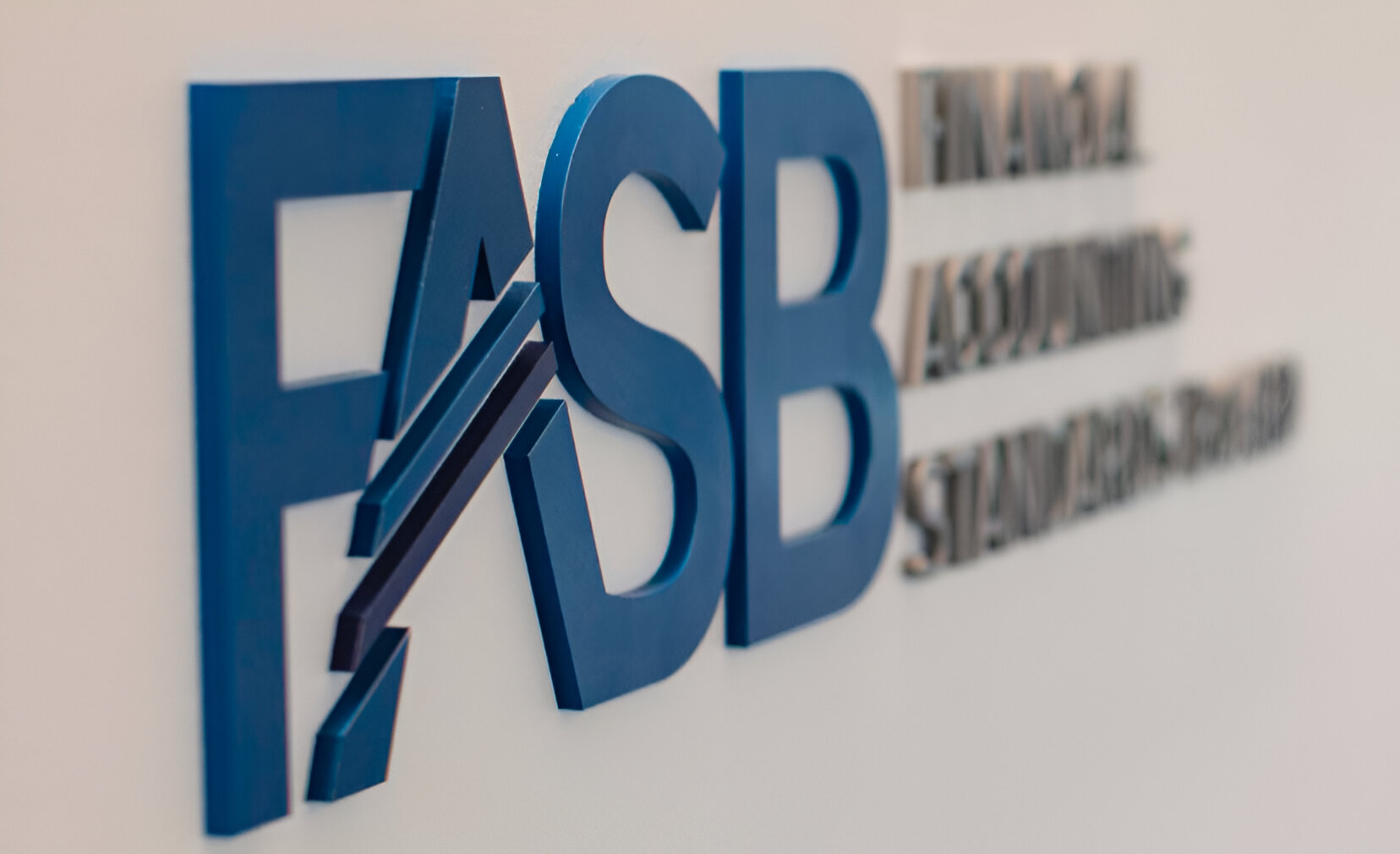Investors, accounting firms, and other stakeholders have until Oct. 21 to provide comments on a new proposed Accounting Standards Update (ASU) issued by the Financial Accounting Standards Board (FASB) on Tuesday that aims to clarify rules on derivative accounting.
Because of the broad interpretation of the definition of a derivative in Topic 815, Derivatives and Hedging, many types of contracts are being evaluated and potentially accounted for as derivatives, the FASB said.
Stakeholders indicated to the FASB in 2021 that practice questions had emerged about the application of the definition of a derivative, as well as the related scope exceptions, to:
- Certain emerging transactions, such as bonds in which interest payments may vary based on environmental, social, and governance (ESG)-linked metrics, and
- Certain longstanding transactions, such as research and development funding arrangements and litigation funding arrangements.
“A frequently cited challenge was the broad and evolving interpretation of the derivative definition and the complexity of applying scope exceptions to certain contracts with variables (referred to as ‘underlyings’) based on operations or activities specific to one of the parties to the contract,” the FASB said. “Some respondents noted that because those contracts relate to the performance of a party to the contract, accounting for those contracts as derivatives measured at fair value does not provide decision-useful information. Those respondents indicated that other guidance in generally accepted accounting principles (GAAP) exists to account for those contracts. Furthermore, respondents noted that because of the cost and complexity of applying the derivative guidance, some entities may structure those transactions to avoid accounting for them as derivatives.”
In response to that feedback, the proposed ASU issued by the FASB on July 23 addresses two issues:
- The application of derivative accounting to contracts with features based on the operations or activities of one of the parties to the contract, and
- The diversity in accounting for a share-based payment from a customer that is consideration for the transfer of goods or services.
Issue 1: Derivatives scope refinements. A contract may meet the definition of a derivative in its entirety or contain provisions or features that may be required to be accounted for separately as derivatives. Existing GAAP provides certain scope exceptions from Topic 815, including for contracts that aren’t traded on an exchange when settlement is based on the specified volume of sales or service revenues of one of the parties to the contract, according to the FASB.
The amendments in the proposed ASU would expand the scope exception for certain contracts not traded on an exchange to include contracts for which settlement is based on operations or activities specific to one of the parties to the contract. This improvement is expected to result in more contracts and embedded features being excluded from the scope of Topic 815.
“The scope exception would include variables based on financial statement metrics of one of the parties to the contract (for example, earnings before interest, taxes, depreciation, and amortization; net income; expenses; or total equity), as well as the occurrence or nonoccurrence of an event related to the operations or activities specific to one of the parties to the contract,” the FASB said. “However, contracts with a single underlying based on either (1) a market rate, market price, or market index or (2) the price or performance of a financial asset or financial liability of one of the parties to the contract would not qualify for the proposed scope exception.
“Contracts with multiple underlyings for which some are excluded from derivative accounting and some are not would be evaluated on the basis of the predominant characteristics of the contract to determine whether the entire contract (or embedded feature) is subject to the requirements of Topic 815,” the board continued.
The proposal also would change the predominant characteristics assessment to require that an entity assess which underlying is expected to have the largest expected effect on changes in the fair value of the contract (or embedded feature), according to the FASB.
“The proposed ASU is expected to (1) reduce the cost and complexity of evaluating whether these contracts are derivatives, (2) better portray the economics of those contracts in the financial statements, and (3) reduce diversity in practice resulting from changing interpretations of the existing guidance,” the FASB said.
Issue 2: Scope clarification for a share-based payment from a customer in a revenue contract. The proposed ASU would also clarify the applicability of Topic 606, Revenue from Contracts with Customers, and its interaction with other topics, in the accounting for share-based payments, such as warrants or shares, received from a customer that are consideration for the transfer of goods or services, the FASB said.
The proposed ASU would provide investors with more comparable information and would reduce accounting complexity and related reporting costs for preparers and auditors.
Thanks for reading CPA Practice Advisor!
Subscribe Already registered? Log In
Need more information? Read the FAQs




